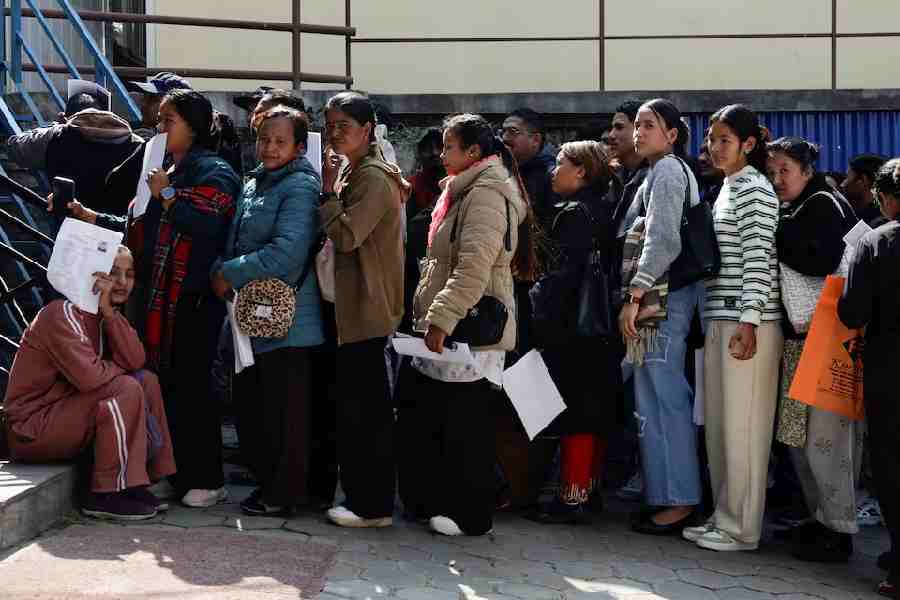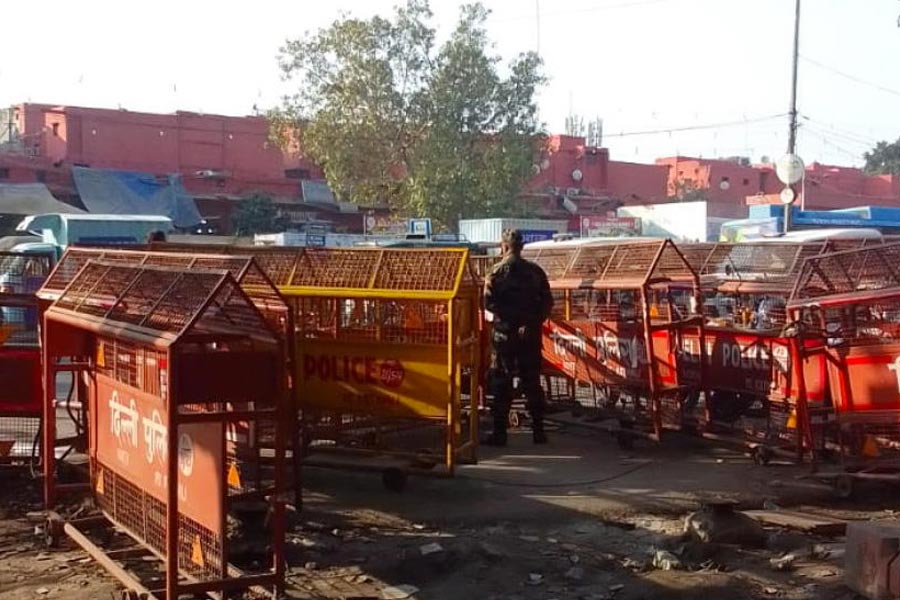Kashmiri Pandits in the Valley feel cast out over the grant of domicile certificates to over 83,000 non-locals in the last two years, saying the government was welcoming outsiders with open arms but was turning a blind eye to members of the community who never left.
The Jammu and Kashmir government on Wednesday told the Assembly that 83,742 domicile certificates had been granted to non-locals in the past two years, triggering outrage in the region.
The Kashmiri Pandit Sangharsh Samiti (KPSS), which represents Pandits who never migrated, shared the anguish but for a different reason.
The group said it unequivocally rejected the government’s “policy of demographic accommodation without any accompanying framework for rehabilitative justice”, suggesting their only concern was the proper rehabilitation of non-displaced Pandits.
Muslims in Jammu and Kashmir, on the other hand, see the policy as an assault on their majority status.
KPSS leader Sanjay Tickoo said in a statement that an average of 115 domicile certificates are issued to non-locals every day in Jammu and Kashmir. He called it a “figure too precise to overlook and too alarming to be dismissed as routine administrative procedure”.
“The actual number could be significantly higher if data since 2019 were to be taken into account. While the government claims this as part of its post-Article 370 ‘integration process’, it is painfully evident that integration has been selectively applied — welcoming outsiders with open arms while turning a blind eye to the plight of those who never left,” he said.
Tickoo said 3,445 Pandits chose to stay back in their homeland amid violence and turmoil, trusting the government’s promises of protection and rehabilitation.
“Today, that trust stands shattered. These families continue to live in hostile conditions, often in abject poverty, without jobs, security, or access to welfare benefits extended to others under centrally sponsored schemes,” he said, an apparent reference to migrant Pandits who are being wooed with jobs and rehabilitation schemes.
The central government has provided 6,000 jobs to migrant Pandits in different departments in the Valley to woo the community back.
“The question arises: Is the policy of justice selective? If domicile is a tool of empowerment and belonging, why has it not been used first to restore dignity to the indigenous community still surviving against the odds in the Valley?” he asked.
The Pandit leader claimed the government’s silence was deafening and its alleged apathy institutionalised. “It feels as though the state has adopted the policy of ‘Apno par sitam, gairon par karam (Cruelty against own people and love for outsiders)’. We are not against the rights of any Indian citizen. But what we oppose — morally, emotionally and legally — is the continued systemic exclusion of original stakeholders from a land they spiritually and culturally belong to,” Tickoo said.










